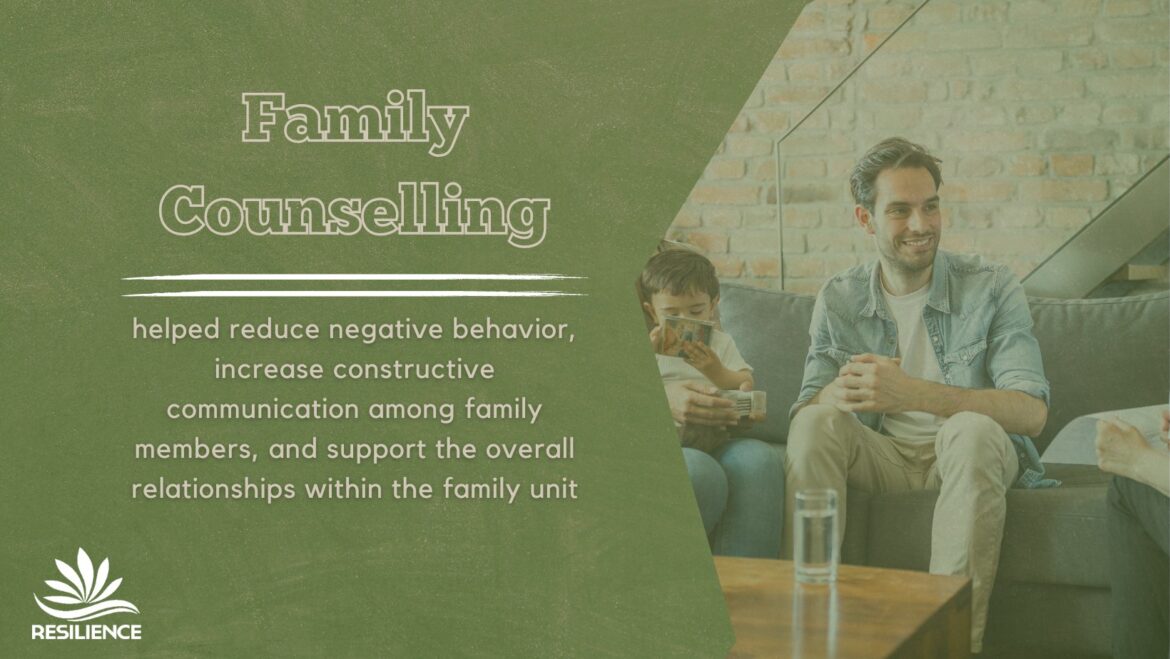
Family counselling plays a vital role to strengthen relationships and manage arising problems. Through family counselling, families are offered enough space and ample resources to properly deal with their issues and develop a sense of understanding and empathy for one another. In fact, the family therapist is well-trained to observe and assess the dynamics of the family and guide members toward a respectful, honest, and effective communication process. It also provides practical strategies that can help equip the family to work closely through their complexities.
For instance, the therapist might suggest a variety of activities and exercises encouraging family members to practice active listening and empathizing with one another or setting up regular family meetings that focus on sharing feelings, thoughts, and ideas without judgment. Such initiatives can ultimately lead to an enhanced sense of understanding and trust within the family which allows them to have more positive interactions and build healthier relationships with each other. The therapist may also work with the family to institute boundaries, limitations, and house rules, as well as healthy problem-solving methods allowing them to navigate difficult conversations and disagreements in a constructive manner. Eventually, the family therapist’s aim is to facilitate an environment in which each family member can feel the importance of being heard, supported, and understood.
The following are signs that there is a need for family counselling:
- frequent conflict and ongoing disagreements,
- difficulty in communicating effectively,
- an overall lack of trust and limited understanding within the family,
- an inability to effectively resolve disagreements,
- changes in behavior or mood,
- lack of cohesion and intimacy within the family,
- power struggles between parents and children, and
- unresolved grief.
In relation to the research viewpoint, it offers clear evidence that family counselling inputs positive outcomes and significant benefits for family members. As a result, family counselling has helped reduce negative behavior, increase constructive communication among family members, and reinforce the overall relationships within the family unit. In addition, family counselling has also been indicated to help improve problem-solving skills, enhance emotional expressions, and increase positive relationships among family members.
family counselling has helped reduce negative behavior, increase constructive communication among family members, and reinforce the overall relationships within the family unit
Moreover, it has been found to be an effective means of addressing psychological disorders such as depression, anxiety, and even substance abuse by providing an opportunity to identify the root causes of family issues and interact in a safe, supportive environment. Through counselling, the families can work together to find solutions and develop healthier interactions because they have substantial time to act on family matters. Therefore, family counselling provides a greater sense of satisfaction and connection within the family.
